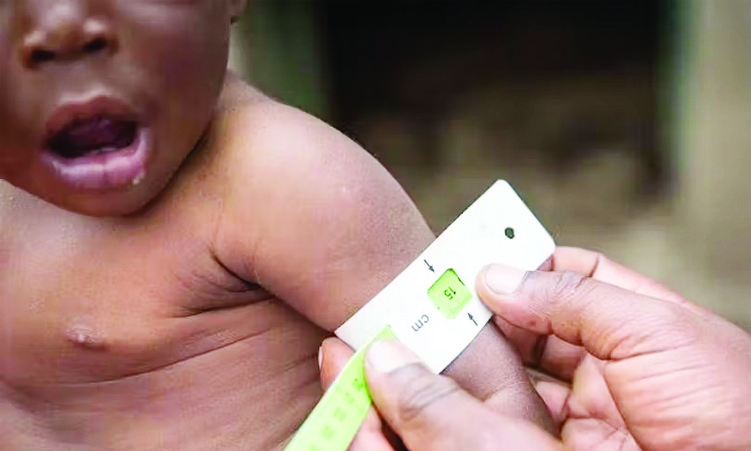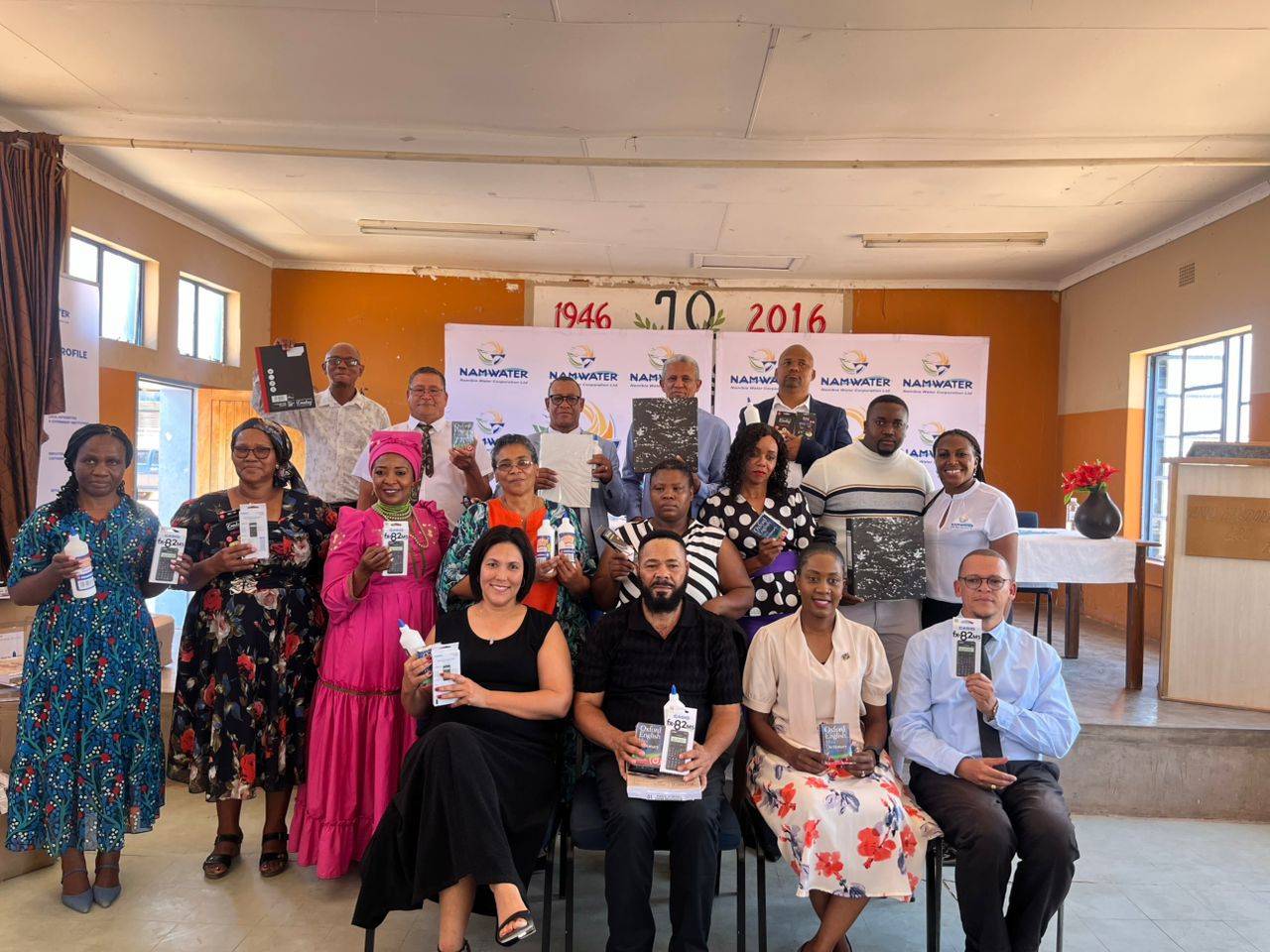Omaheke governor Pijoo Nganate says cases of malnutrition among children continue to be reported almost on a daily basis in the region, while parents allegedly sell donated food items for alcohol.
Last year, 45 children in the region died of malnutrition, while 132 cases of malnutrition were recorded.
Nganate says since the beginning of December, 78 new malnutrition cases have been recorded at the regional health office, with 33 in hospital to bring them to the level they should be in terms of their weight and nutritional needs.
During a media conference at Gobabis on Friday, Nganate said some parents have been selling donated food items or trading them for alcohol, which contributes heavily to the ever-increasing malnutrition cases in the region.
“The issue is that malnutrition cases among children are going up. What is worrisome is that the government is giving food to parents, but some parents are not giving the food to the children. Some food stuff gets sold in exchange for alcohol, and the other issue is child neglect,” said Nganate.
The governor further took issue with the youth, urging them not to leave their children at home with elders without anything to eat.
“The problem is that we don’t have nuts or therapeutic food, they are out of stock all over the country. We are also appealing to good Samaritans to donate peanut butter to the office of the governor,” said Nganate.
He noted that malnutrition requires a multifaceted approach, and with the assistance of the Office of the Prime Minister, food distribution has been extended to affected families at and around Gobabis.
Drimiopsis settlement and Otjinene Village Council have also joined Gobabis on the list of malnutrition cases, noted Nganate.
Chief medical officer Jonah Garoëb confirmed the cases of maltnurition.
“Most of these cases we pick up ourselves because of the involvement of our community health officers who are doing the rounds in the residential areas. The caregivers bring [some children] to the clinic or hospital with one or the other illness and then we realise the underlying factor has been malnutrition,” said Garoëb.
Last year from January to June, the region reported 45 child deaths due to malnutrition.
University of Namibia lecturer Basilius Kasera at the time said prioritising the interests of the less privileged, particularly children, remains a challenge.
He pointed to the universal Basic Income Grant (BIG) as a potential solution to poverty and malnutrition.
Kasera said the BIG is not a political statement but is proven to offer households the financial security to make objective choices. Among such choices is access to basic life-enhancing necessities like food.
“We cannot address child poverty through community soup kitchens. Such care must be provided from the security of their family in the home. This is possible when families are provided with steady incomes to provide their children with adequate nutrition,” he said.
In December, the World Health Organisation (WHO) Namibia and the United Nations World Food Programme (WFP) launched the 1 000 Days Campaign to improve nutrition of children during the period from conception to two years at Gobabis.
WHO Namibia officer-in-charge Dr Mary Brantuo said the objectives of the 1 000 days campaign are to capacitate community health workers, pregnant and lactating women and the public on the importance of the first 1 000 days of a child’s life.
“The campaign lays a foundation for a healthier, more resilient society in alignment with global development objectives through its investment in the first 1 000 days of a child’s life,” said Brantuo.
Nganate said the idea is to find a permanent solution, with plans on the cards to develop farmland near the town with the aim of producing enough nutritional foods to feed hungry community members.
“The planned mixed farming initiative will include cattle, goats, sheep, pigs and poultry rearing. Greenhouses and a dairy plant are also planned,” he said.
Stay informed with The Namibian – your source for credible journalism. Get in-depth reporting and opinions for
only N$85 a month. Invest in journalism, invest in democracy –
Subscribe Now!






